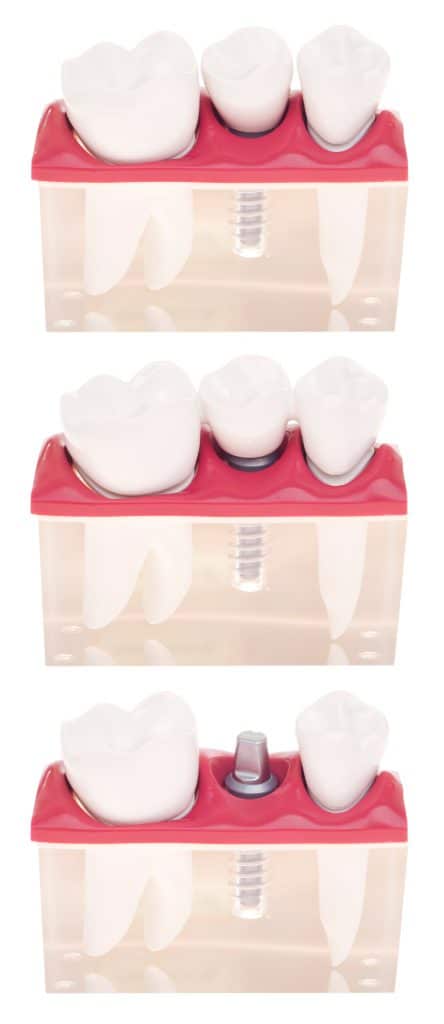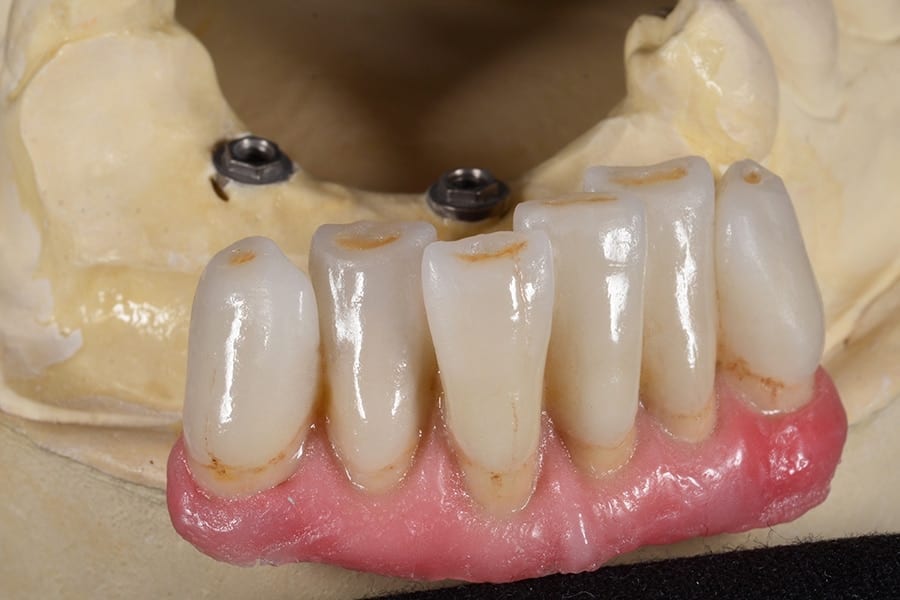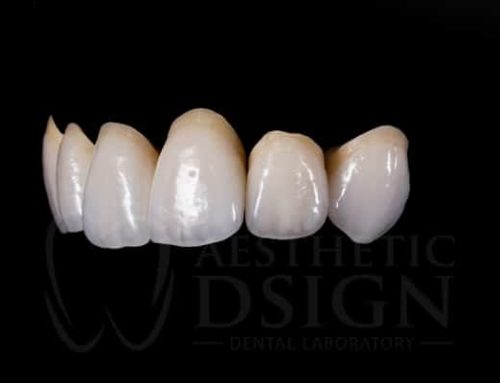Is a Dental Implant Right for You?
If you lose a tooth or have any removed, you need to know what options you have for replacing the missing tooth or teeth. In the past, the only two choices after losing any teeth were to have a fixed bridge placed in your mouth or to get removable dentures. A fixed bridge is a false tooth placed between two or more healthy teeth, which are used as anchors. Dentures are removable false teeth fitted to replace missing teeth in your mouth. While either of these could work, you should consider the benefits of having a dental implant.
What is a Dental Implant?
Dental implants are artificial tooth roots made out of titanium. They are surgically placed into your jawbone underneath your gums and are a platform for replacement teeth. Dental implants can replace a single tooth, multiple teeth, or even all of your teeth. They are functional, aesthetically pleasing, and a permanent solution to missing teeth.
What are the Benefits?
Having a dental implant, as opposed to a fixed bridge, will not damage any of your natural remaining teeth. Since a fixed bridge attaches to at least two of your healthy teeth, there is a risk that the strain from the bridge will damage the teeth over time. A dental implant is completely standalone, so it will not cause any strain to your teeth. Dental implants are also set permanently into your mouth, so there will not be any slipping or clicking noises, like there sometimes are with dentures. You will also not have to replace a dental implant, like with a fixed bridge, or worry about misplacing it because you have to remove it for cleaning, like with dentures. Caring for dental implants is the same as caring for your natural teeth. In fact, dental implants are so natural, both in how they look and feel, that you may even forget it is not one of your original teeth.
What Should You Expect?
If you and your dentist decide that a dental implant is a good choice, you can expect the entire process to take several months. You will have a complete dental exam where you and your dentist will come up with a treatment plan. The initial surgery involves placing the dental implant cylinder into your jaw under the gums. After this, a number of months will elapse before your next procedure to give your mouth time to heal. When your mouth has healed, you will have an abutment placed on the base and then, in a separate procedure, a crown will be put onto the abutment. The procedures will most likely be performed under local anesthetic and any resulting pain can usually be managed by using over-the-counter medications. Once your implant is complete, you will just need to take care of it like you take care of your natural teeth: by brushing and flossing.


